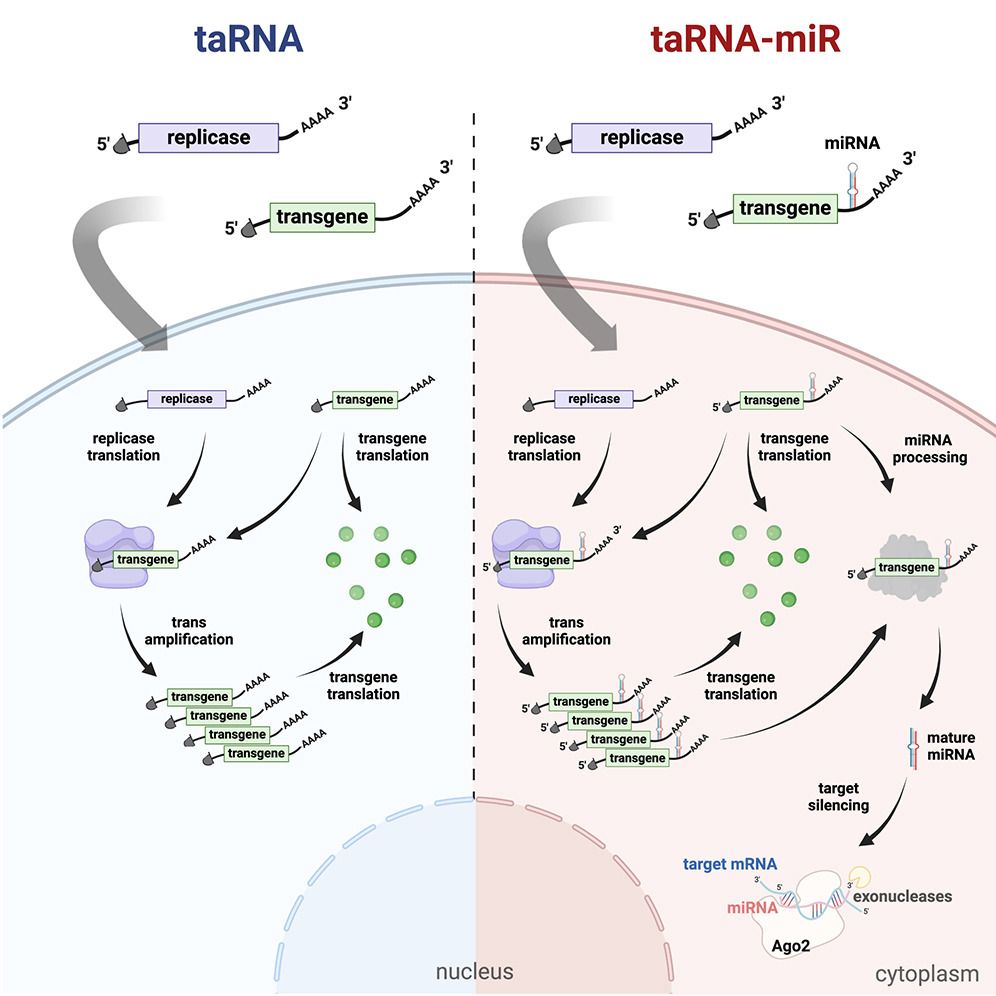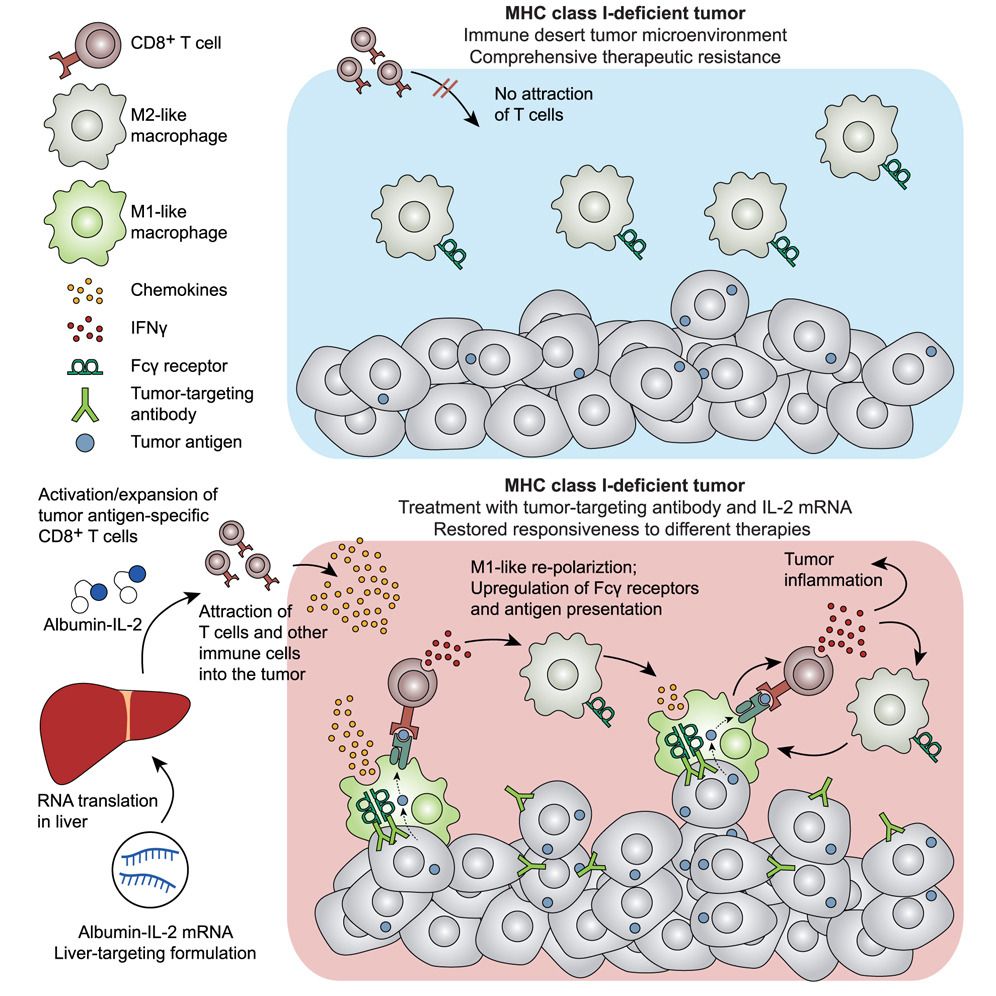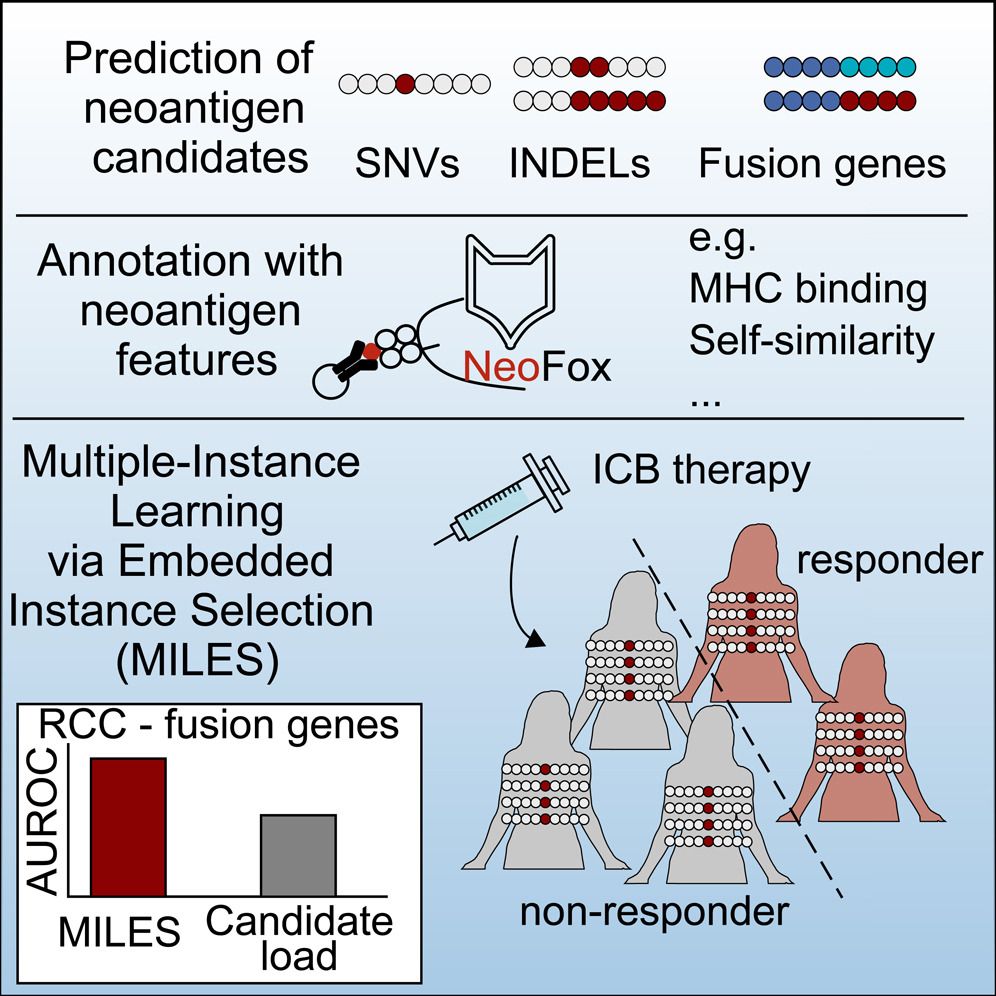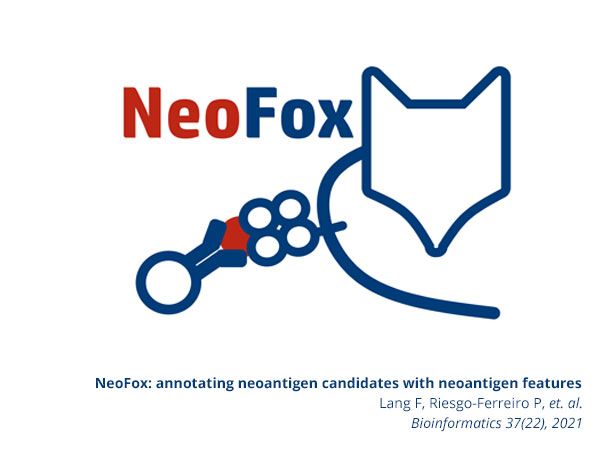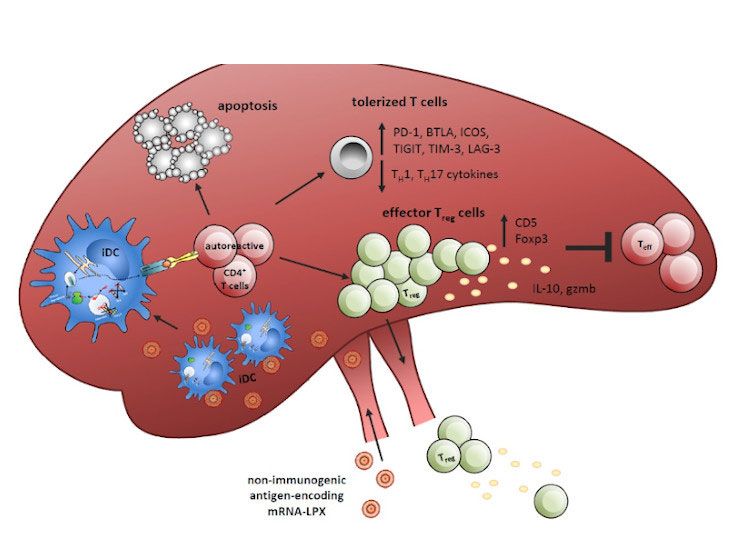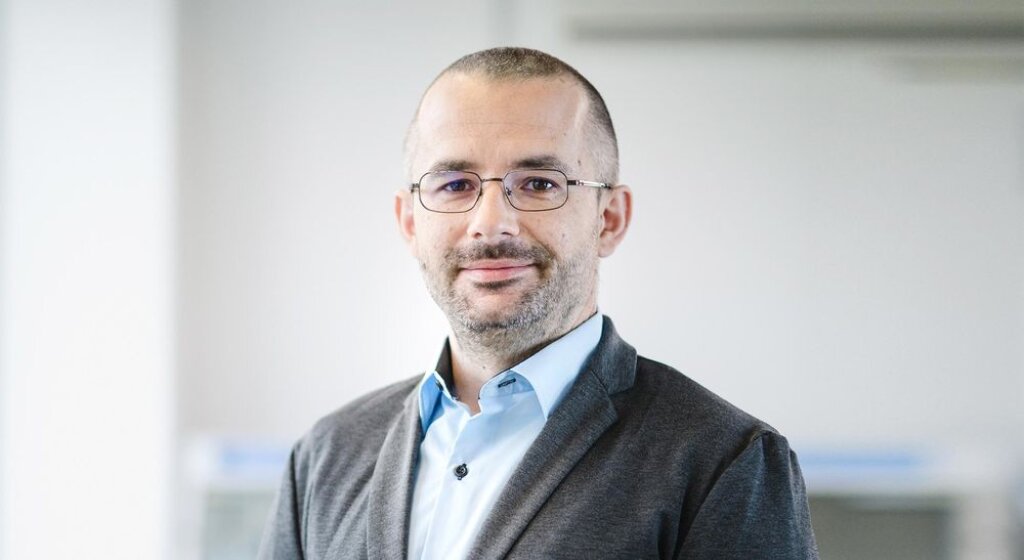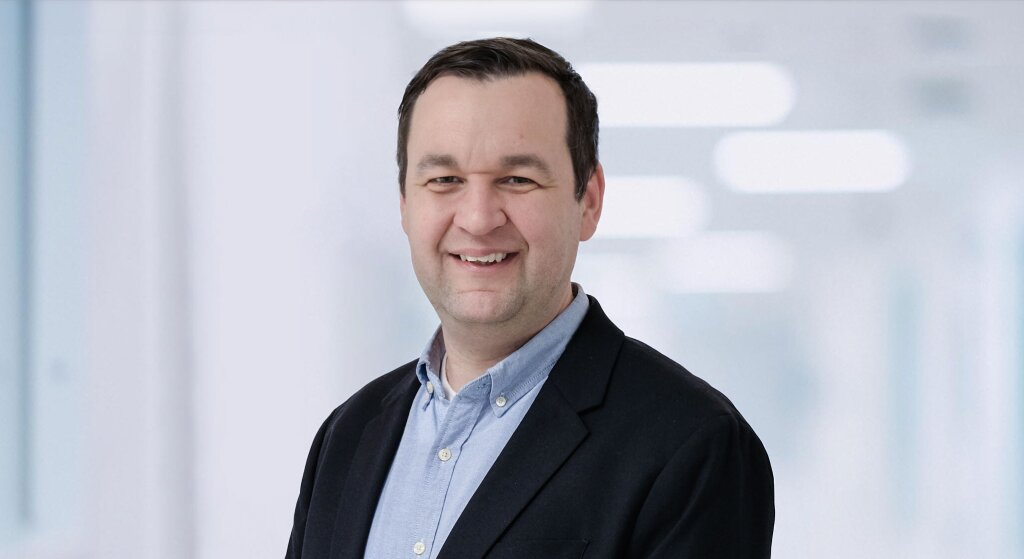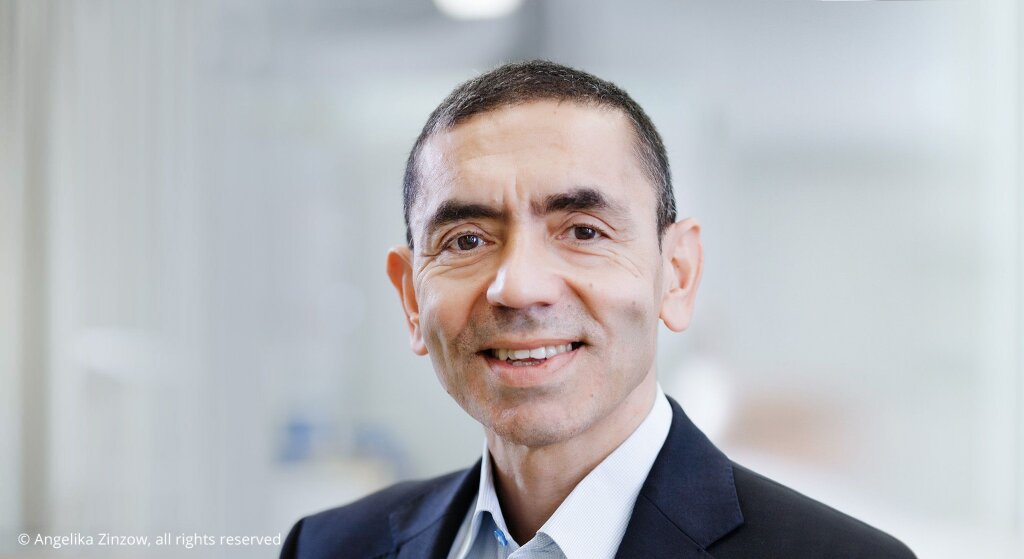5 excellent reasons to do your PhD at TRON
TRON is always looking for young and talented graduates who are interested in working in a multi-disciplinary and application-oriented environment. Our PhD students are part of ATLAS – Talent Academy for TransLAtional Science, the joint PhD program with our longstanding cooperation partner BioNTech.
The mission of ATLAS is to promote scientific excellence in a truly international research community. The program provides unique insight into our state-of the art science. Continuous scientific exchange and close contact to fellow PhD colleagues and mentors is facilitated by annual symposiums and retreats.
More information about this unique opportunity can be found here: www.atlas-phdprogram.com
#01
Cutting edge biomedical research
We offer exceptional opportunities for ambitious scientists to investigate innovative diagnostics and therapies for the treatment of cancer and other diseases with high medical need. TRON’s PhDs do cutting edge translational research in
RNA vaccination optimization
personalized anti-tumoral immunotherapy
protein engineeringtumor immunology
bioinformatics and systems biology
next generation sequencing
biomarker characterization
pre-clinical tumor models
viral gene transfer
TRON’s students have access to state-of-the-art equipment in several service units for their research. Beyond the support within these service units that makes research faster and easier, students also undergo at least two advanced training lab rotations to enrich their methodological experience.










